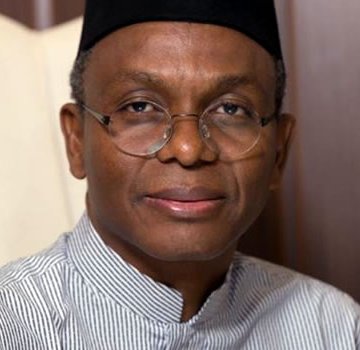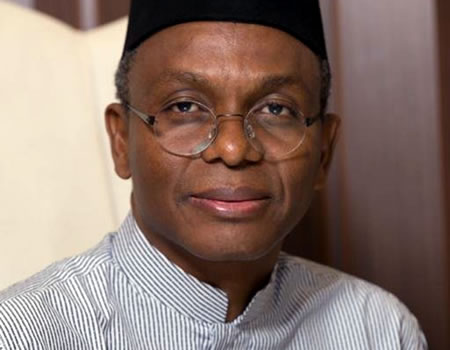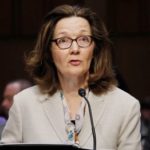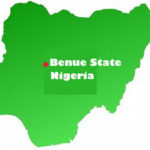
GOVERNOR Nasir El-Rufai of Kaduna State has said that the federal government has no business with Value Added Tax (VAT) as it is a sales tax which ought to be in the purview of the states.
Speaking at the 4th National Internally Generated Revenue (IGR) Peer Learning event organised by the Nigeria Governors Forum (NGF) in Abuja on Wednesday, he also frowned at the lack of true federalism in Nigeria which he observed is a federation in name but a unitary system in reality.
ALSO READ: Ondo promotes 7,075 public servants
The governor, therefore, stressed the need to make the necessary corrections to make Nigeria a true Federation.
While urging the experts at the event to come up with recommendations to guide the political leaders to make the necessary adjustments, el-Rufai affirmed that the All Progressive Congress (APC) committee on true federalism which he headed has already made recommendations to make Nigeria a true Federation.
“It’s up to you to make recommendations that will make the political system to understand and make the necessary changes,” he told the participants.
He said the ruling party has already accepted the recommendations.
The Kaduna governor also spoke on the need for state personal income taxes to be different from national taxes, blaming the present condition of taxes on Nigeria’s colonial history.
Responding to a question on the matter, he said: “I agree with you completely that in a federation there should be taxes that are national while others are sub-national.
“But if you look at our history you will see that we come from civilian-military regimes and many of these personal income taxes Act were done by the military.
“Just like for instance I do not agree that national minimum wage should be under the federation, I think minimum wage should be done by each state according to the level of income.
“If you look at the 1963 constitution, the minimum wage was not in the inclusive list, it was added during the military rule.
“There are a number of laws that were enacted during the military rule and there is a need to look at them and do something about them.”
In a presentation at the event, Kwara State Governor said his state’s IGR increased to N2.2 billion monthly from N600 million in 2015.
He recalled that the state had witnessed serious economic challenges in 2014 because of the shortfall in IGR and consequently, had problems paying salaries.
He added: “In that same year, a study of the infrastructure needs of Kwara State identified an N255 billion gap.
“This discovery led to the Kwara State Infrastructure and Financing Strategy, a comprehensive and targeted plan to systematically the infrastructure deficit.’’
He said the new strategies lead to growth in the monthly IGR to an average of average of N1.45 billion in 2016, a monthly average of 1.75 billion at the end 2016, and a monthly average of 2.2 billion at the end of the first quarter of 2018.
“On account of these growths in our internal revenue, we have consistently been able to augment monthly federal allocation to ensure prompt payment of salaries,” he added.
Also speaking on improving Internally Generated Revenue (IGR), Governor Godwin Obaseki of Edo State, noted that there must be economic growth for IGR to improve.
He said: “You cannot improve IGR if there is no economic growth and one of the key drivers of economic growth is infrastructure.
“When you build roads, schools, hospitals, things that aid and enable businesses, you begin to see economic growth and as people do well, income goes up and businesses grow, then you have a basis to levy taxes which you will now have to improve the state.”






